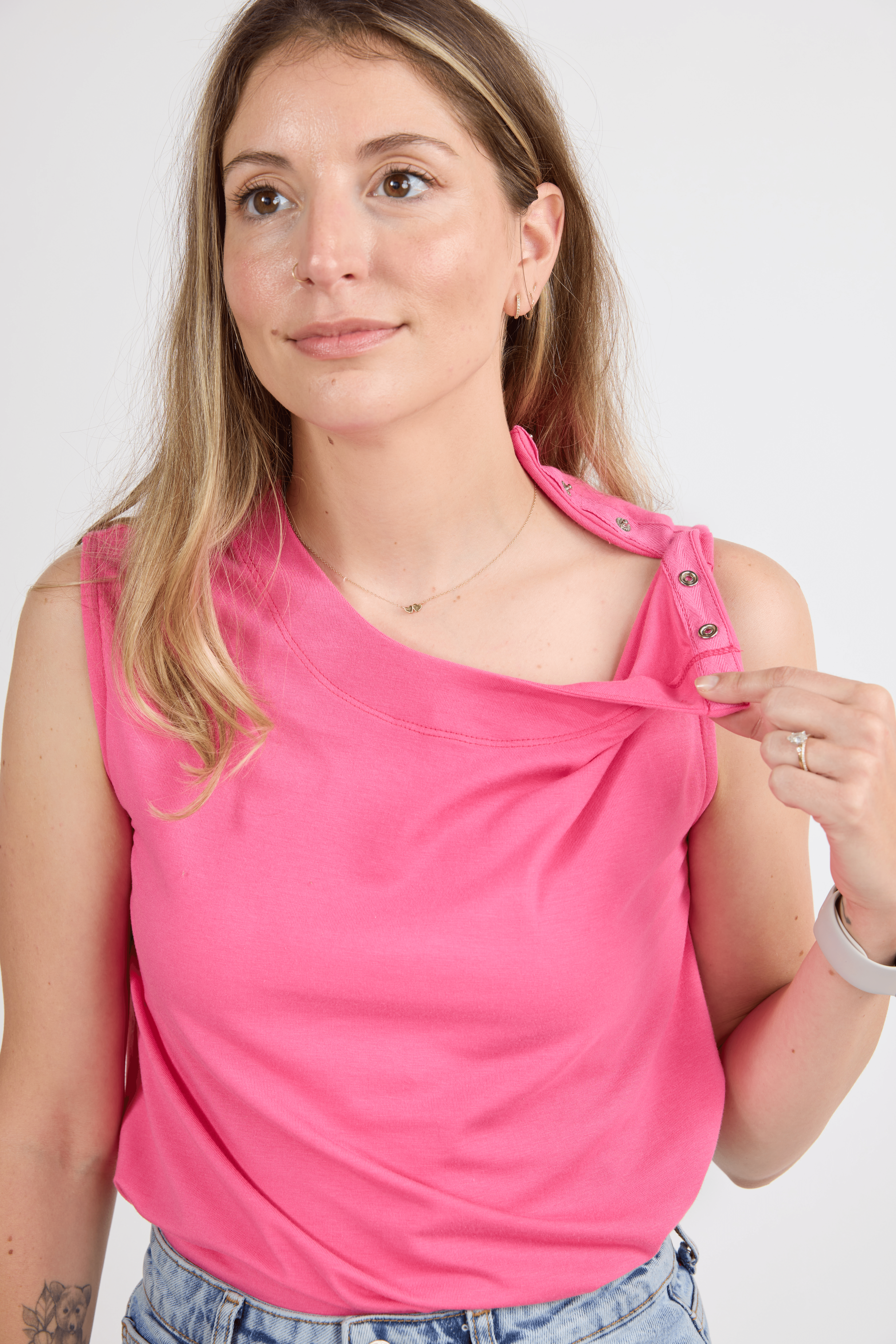We recently connected with Allie Tate and have shared our conversation below.
Hi Allie, thanks for joining us today. We’d love to have you retell us the story behind how you came up with the idea for your business, I think our audience would really enjoy hearing the backstory.
Portt’s story begins on February 26, 2020, with the three words no one wants to hear: “You have cancer.” Chemotherapy followed. During treatment, I grew frustrated by the lack of modern products available for women undergoing chemotherapy. I craved products that were both functional but still felt like something I would have worn pre-diagnosis. I wanted high-quality products that were meant to have a life after finishing chemotherapy. As a sewist, I decided to stitch up a shirt for myself that looked like a regular shirt but opened on the shoulder of my port to allow for easy, comfortable access. After completing treatment, I continued to think about the garment I made and wondered if other people also had the same frustrations that I felt during chemo. As I started to share my idea with others, I found so many women expressing how much they had wished something like Portt existed when they were navigating chemo. Fast forward a couple of years and I decided to leave my job of 12 years to pursue this idea, and so Portt became a reality! Portt garments are all sewn in the USA in a Boston-based, woman-owned factory. I source super soft, breathable, sustainable fabrics and opt for minimal, recycled, or recyclable packing and shipping materials. I am dedicated to ensuring Portt products are sustainable, functional, and fashionable.
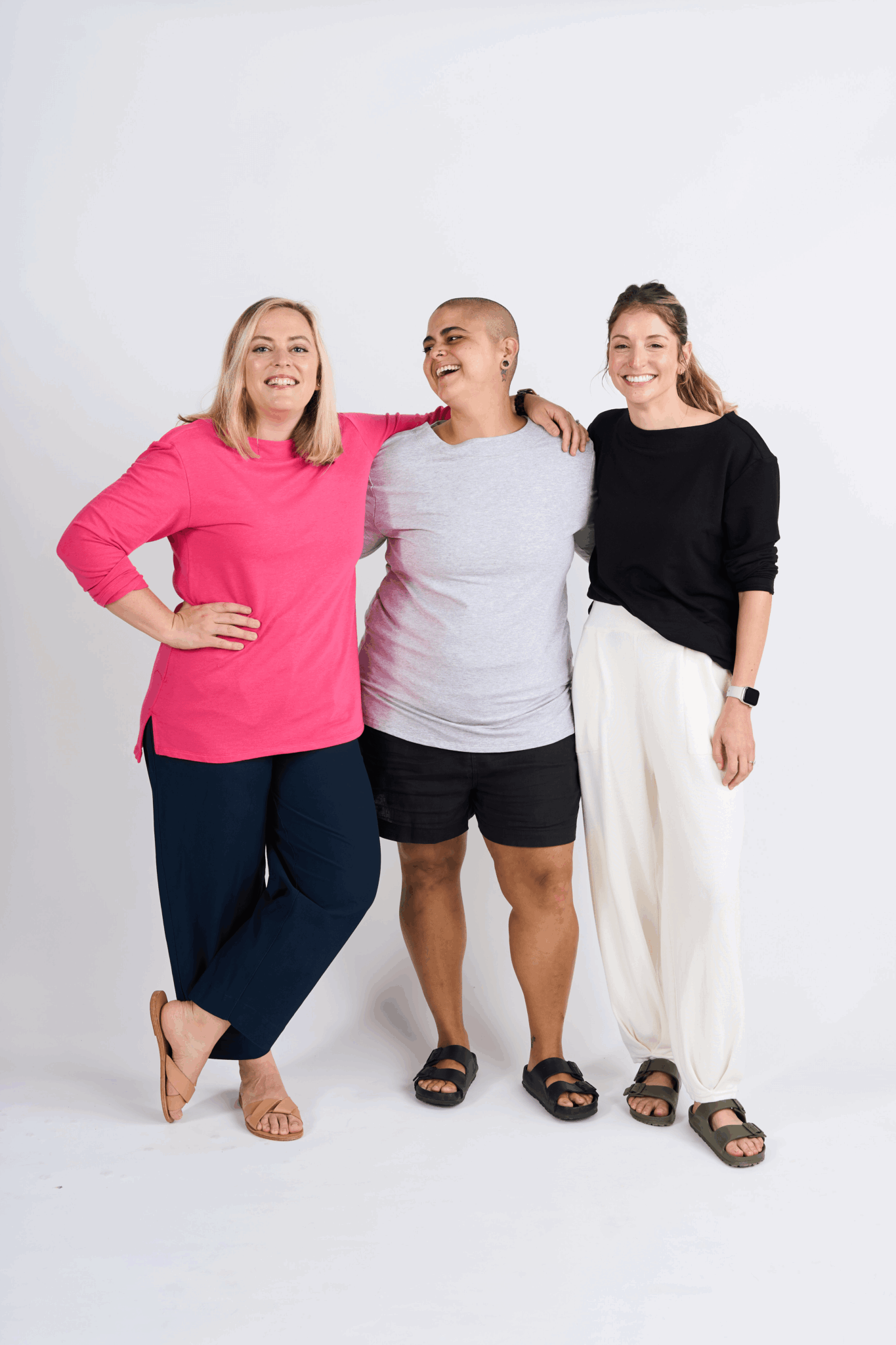
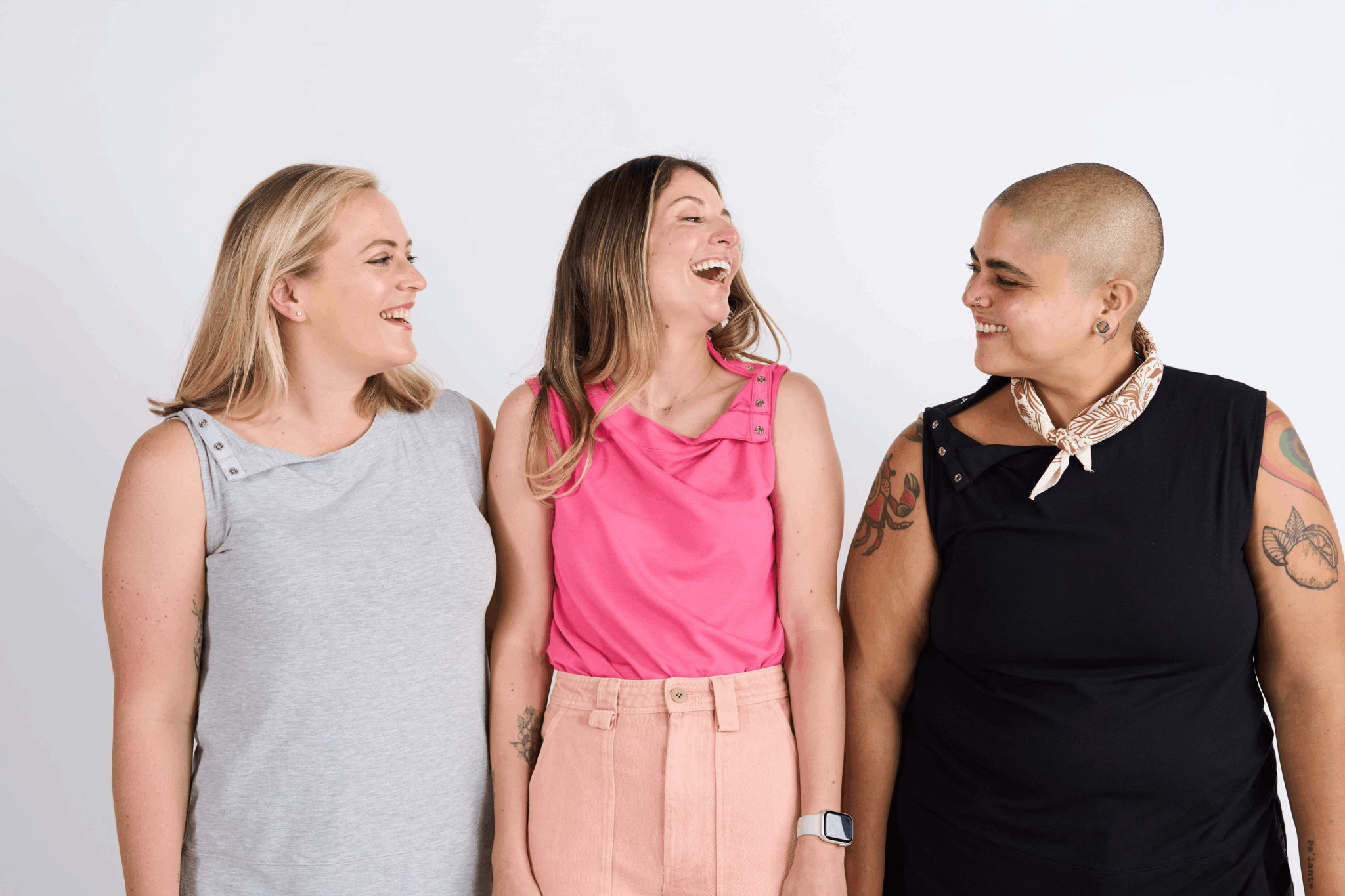
Allie, love having you share your insights with us. Before we ask you more questions, maybe you can take a moment to introduce yourself to our readers who might have missed our earlier conversations?
I’m Allie Tate, born and raised on a farm in rural North Carolina where my grandmother Louise inspired a love of sewing and textiles from a young age.
Six years and two degrees later from the College of Textiles at North Carolina State University (go pack!), I spent the next decade working in the textile industry between North Carolina and Germany. I gained experience understanding the ins and outs of digital textile printing, on-demand manufacturing, product development, and marketing to US-based folks and communities throughout Europe.
Over time I grew a deeper and deeper appreciation for thoughtful design that was accessible to all. I don’t believe you should have to sacrifice function for fashion in any situation. When in February 2020 I received those 3 heartbreaking words of a cancer diagnosis I was thrown into a world where little thought is made for products past functionality.
My frustration from the lack of well-designed garments for patients to wear during treatment resulted in a home-sewn, simple shirt that allowed for easier port access. This garment allowed me to feel comfortable and confident during visits where port access was necessary and I began to realize how powerful that was as a part of my cancer experience.
I am very proud of the products I have created for Portt and the impact they have on my customers. I am proud of the craftsmanship that goes into each garment and the high-quality fabrics used that are also sustainable.
I am so excited about the future for Portt and for functional garments across the board. When you’re dealing with a chronic illness or sickness, what to wear or how your garments will make you feel shouldn’t be a concern. You should have options to continue to express yourself through your clothing and help maintain some normalcy while allowing you to feel comfortable and confident during doctor’s visits.
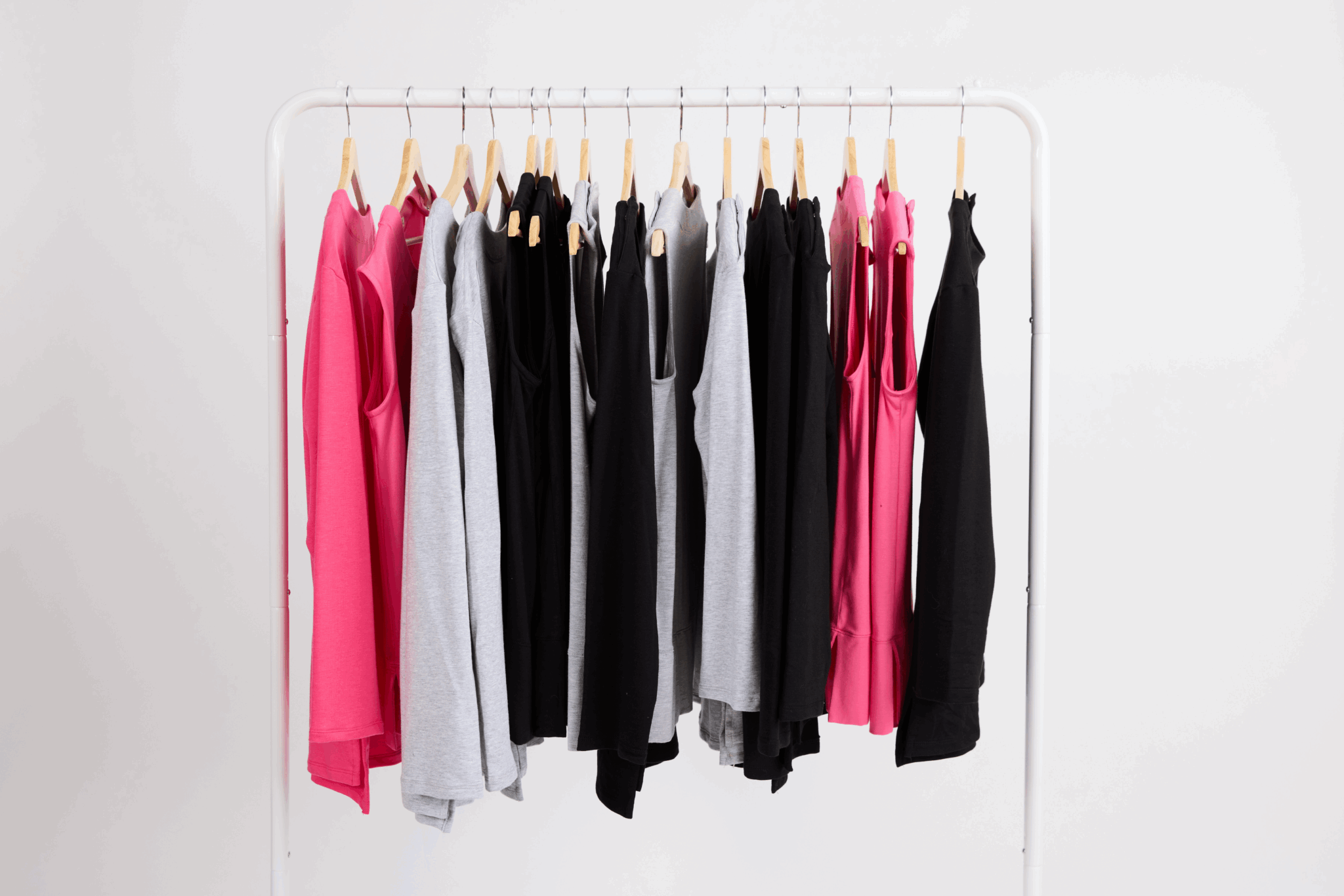
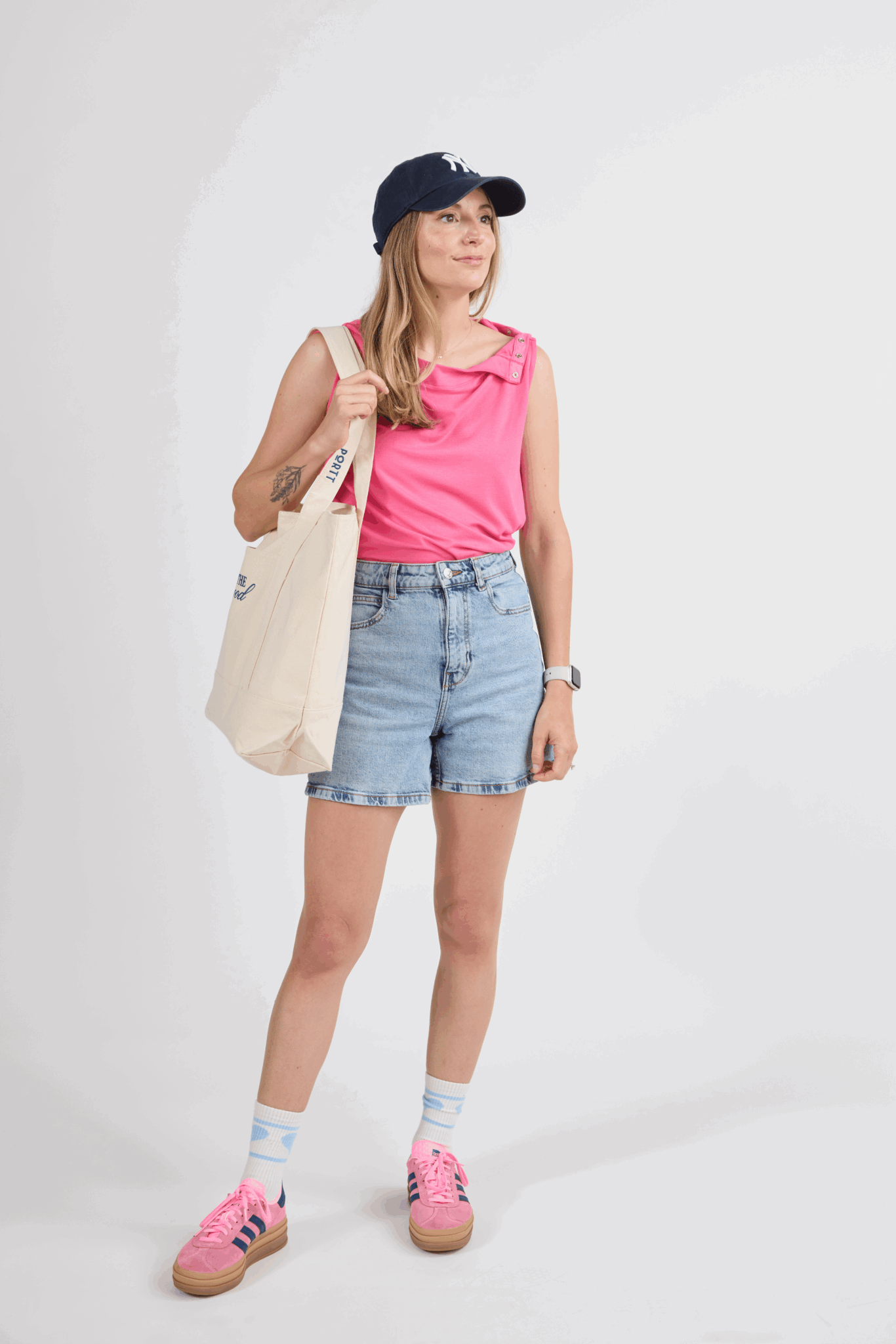
We’d really appreciate if you could talk to us about how you figured out the manufacturing process.
Portt garments are all manufactured by at a woman-owned factory in Boston, MA. Going into launching Portt, I had been working in the textile industry for over a decade. At the time, I was leading a team developing home textile products for a company producing finishing home decor using an on-demand production model. I was a home sewist and had a deep love and appreciation for textiles. While I had some connections through my previous career, a friend of mine who is a very talented sewist and modern quilter recommended my manufacturing partner. I lacked the skill to create a production-ready pattern and grade it for various sizes. So it was great finding a partner who offered these services along with manufacturing in small batches. Being able to slowly scale up has allowed me to take my time developing new products and launching additional colors while self-funding the business.
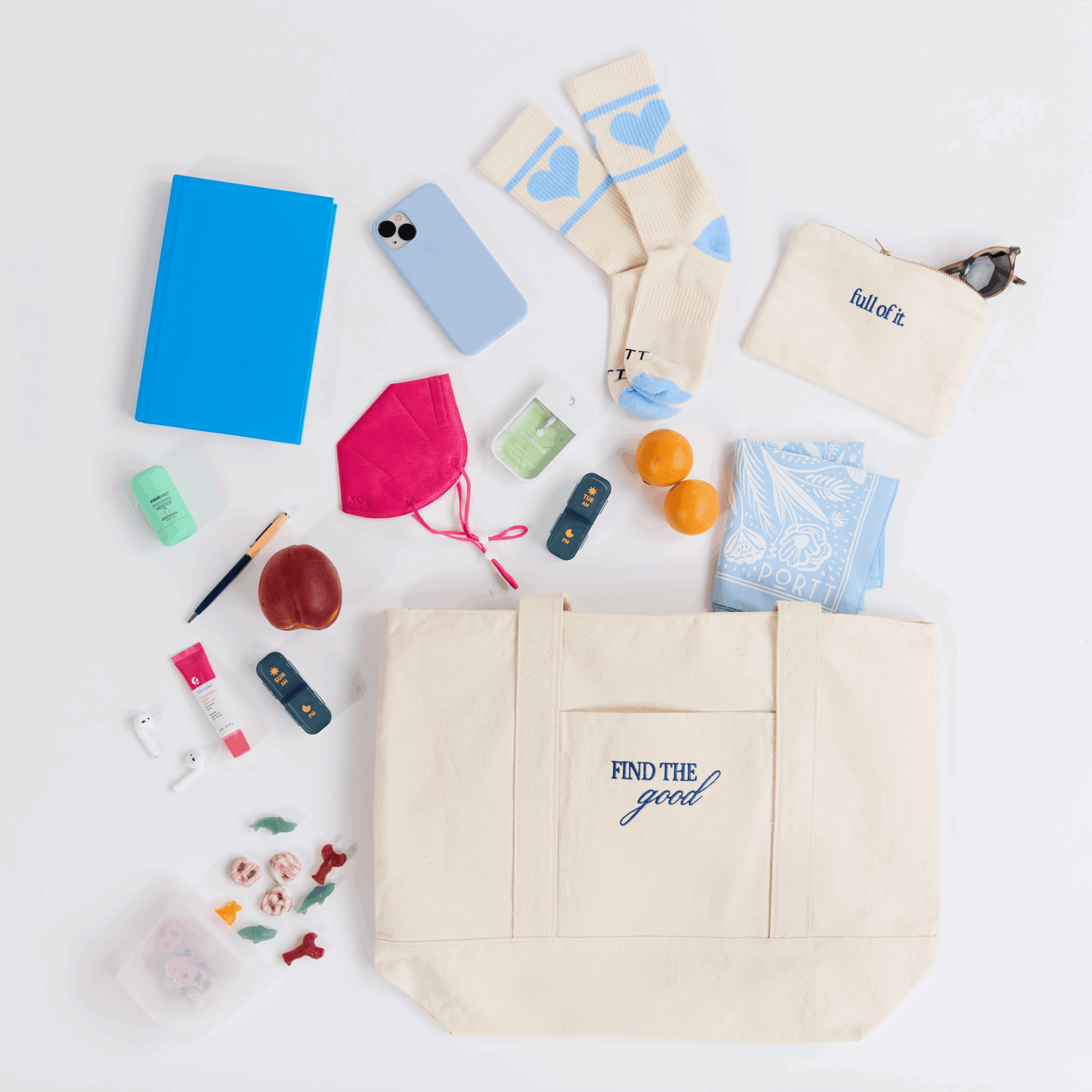
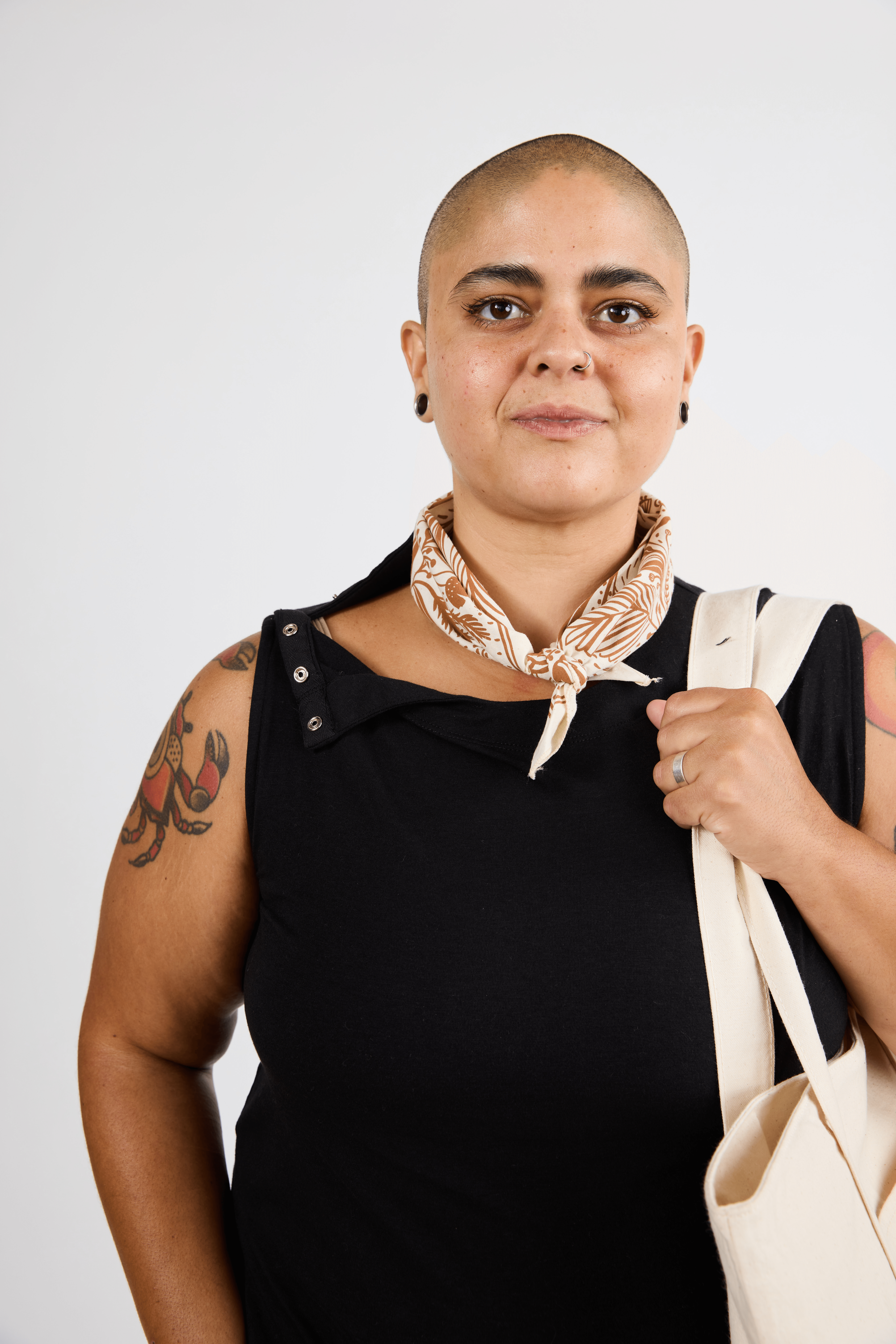
Any stories or insights that might help us understand how you’ve built such a strong reputation?
I think authenticity has helped me build my reputation within my market. When launching Portt I was apprehensive to lean into my own story as a marketing tool. I had hoped to keep the focus less about me, and more about the products and the needs that I was solving. But as I shared more and more about the brand I began to realize how much my story meant and how it helped build trust for my customers. I think it helps a lot of women when they know the shirt was designed by someone who had a similar experience and has worn the product for chemotherapy herself. In my marketing efforts, I try to strike a balance between highlighting the product and it’s benefits, layering in my own story and experience to help those newly diagnosed and also partner with other people who have a similar story to tell to bring in other voices from the community.
Contact Info:
- Website: https://weareportt.com
- Instagram: https://www.instagram.com/weareportt/
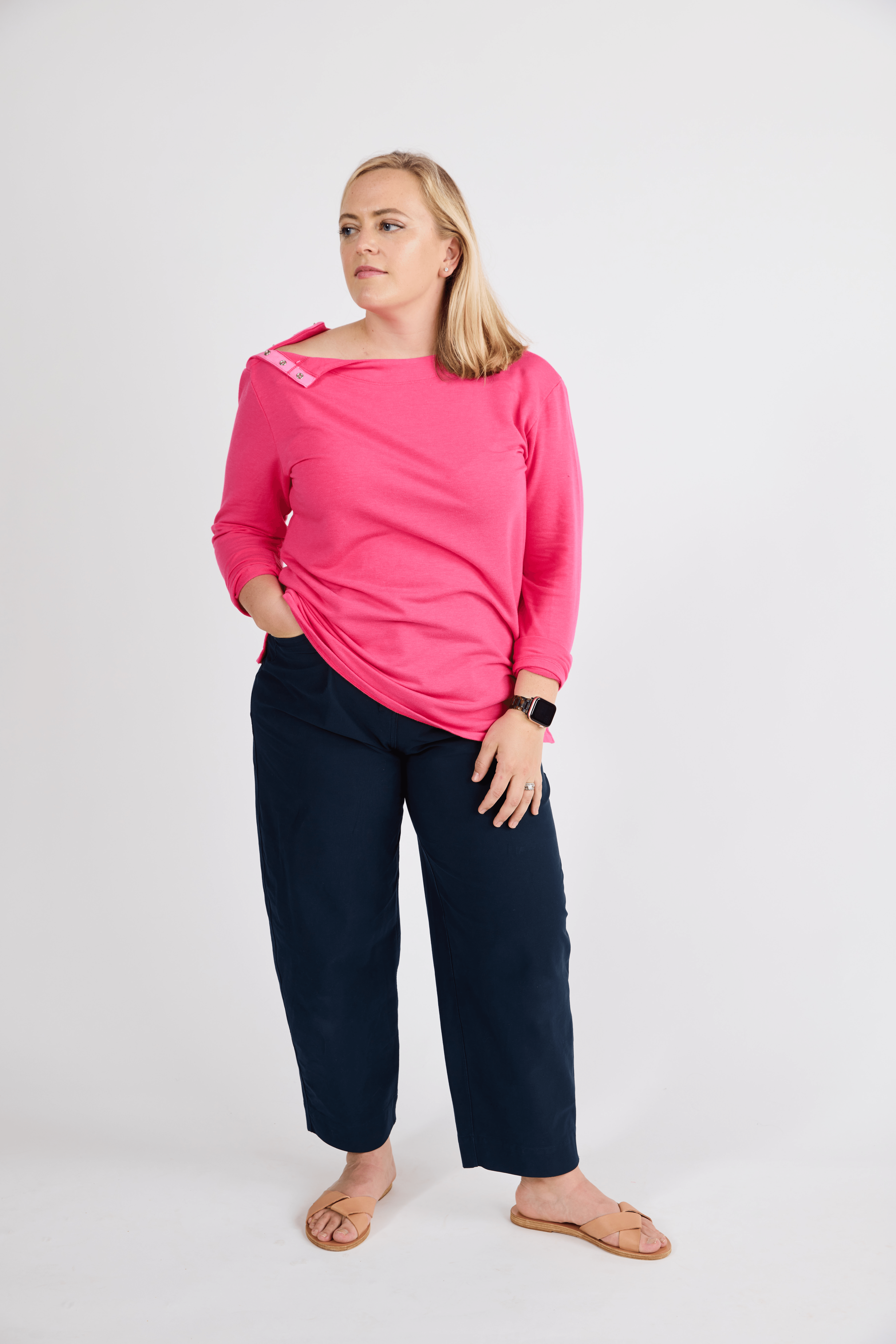
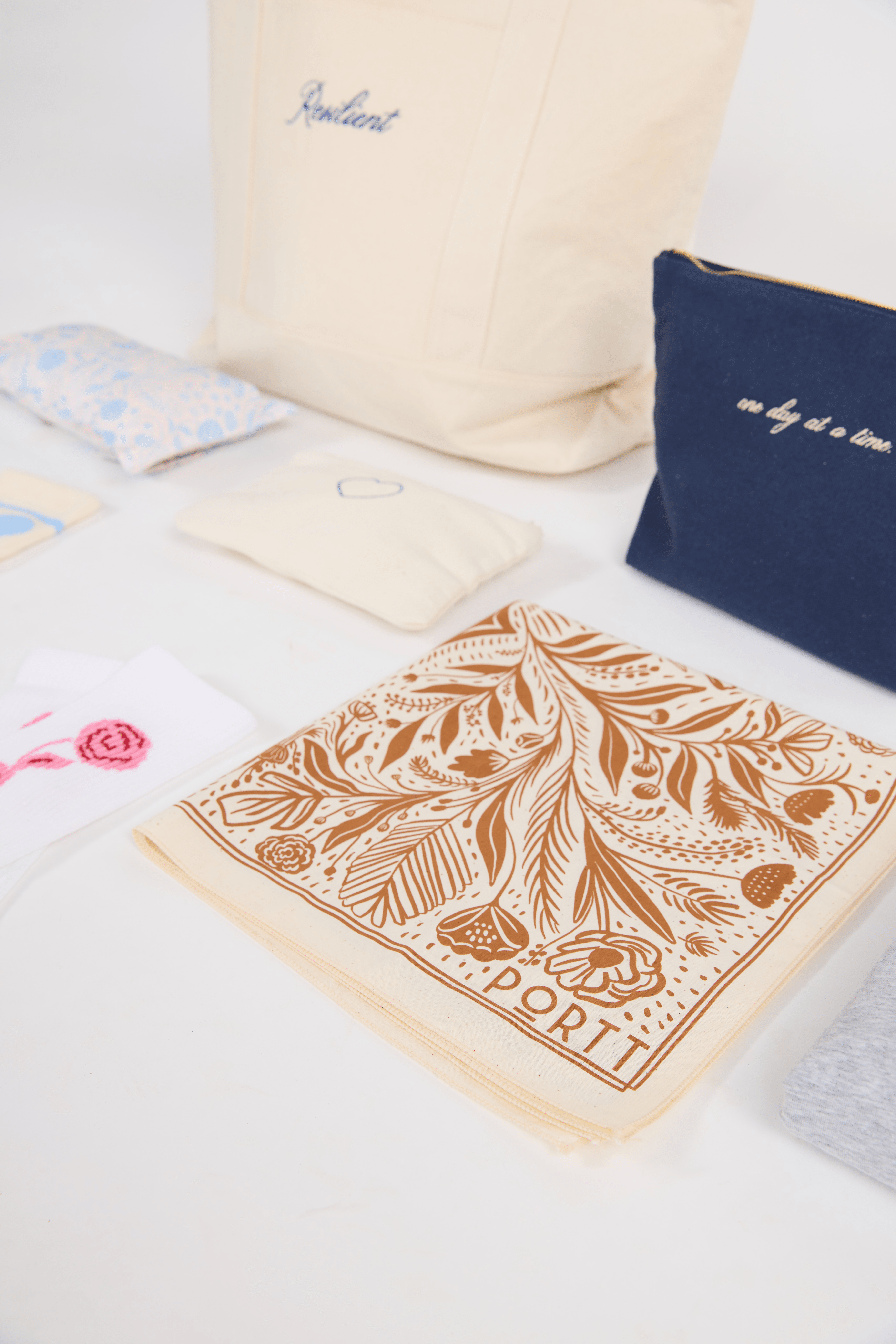
Image Credits
Alex Craig


